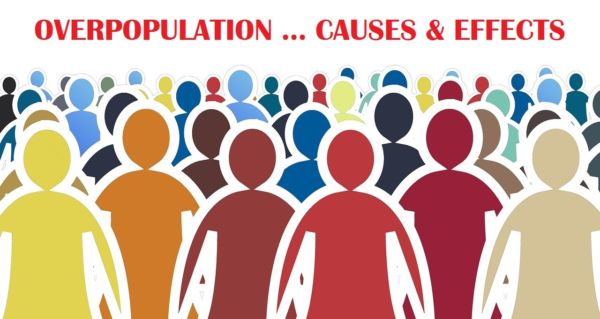The world’s overpopulation: causes and effects.
Apr 05, 2023
This paper discusses the causes and effects of world overpopulation. It is estimated that the world's has been rising at an exponential rate since the 17s and this trend is expected to continue for the foreseeable future. The main of world overpopulation is due to increases in birth rates as a result of improved medical care and technology, which have helped reduce death rates worldwide. In addition, migration from rural areas to more urbanized centers has caused population growth in certain places around the world.
The effects of overpopulation are multifaceted and can include economic, environmental, and social issues such as poverty, lack of access to essential resources like water and food, pollution, overcrowding in cities, depletion of natural resources, loss of biodiversity and ecosystems services, and increased competition for jobs. In addition, overpopulation can lead to an increase in crime rates and strained public services due to the sheer number of people living in a certain area or region. This has a significant impact on quality of life and can cause serious economic hardship.

Overall, world overpopulation is a major issue that must be addressed in order to ensure sustainable development. Governments should take measures to help reduce population growth such as providing access to family planning services, expanding education programs, and encouraging gender equality. In addition, countries should focus on policies that promote sustainable economic growth and reduce inequality between rich and poor nations. By taking these steps now, we can help foster a more prosperous future for all of us.
